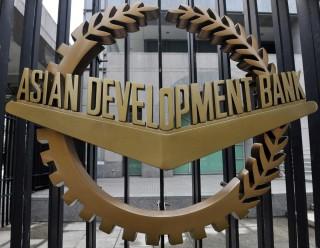A new evaluation by the Asian Development Bank’s (ADB) Independent Evaluation Department (IED) calls for a strategic shift in ADB’s engagement in Kazakhstan. ADB should leverage its successful project-level investments and fully tap its diverse tools—lending modalities, knowledge work, capacity building, and policy dialogue—for an integrated approach that drives deeper engagement and tackles both urgent and systemic development challenges.
This message is reflected in the country assistance program evaluation (CAPE), the first of its kind for Kazakhstan. It is a comprehensive review of ADB’s support to the country from 2012 to 2024, during which ADB’s engagement with Kazakhstan focused on persistent development challenges, including reducing regional disparities, diversifying the economy, addressing climate change, and strengthening institutions. Operations in the four main sectors—transport, finance, energy, and public sector management—were largely successful, with comparatively stronger performance in transport, finance, and energy. However, the evaluation finds that the overall development impact remains uncertain.
“ADB has delivered solid results at the project level, but the scale and complexity of Kazakhstan’s development challenges demand more than business-as-usual,” said IED Director General Emmanuel Jimenez. “To make a lasting difference, ADB must pursue integrated, innovation-driven solutions that align with the government’s reform agenda and build stronger partnerships with development actors.”
The evaluation highlights that technical assistance (TA) has emerged as a vital platform for sustained engagement, with initiatives like the Knowledge and Experience Exchange Program positioning ADB as a key knowledge partner. However, TAs have not consistently translated into lending, and coordination with development partners has often been limited.
“Kazakhstan’s renewed reform momentum presents a real opportunity,” said evaluation team leader Michael Florian. “ADB must seize this moment to move from reactive support to proactive engagement that tackles structural issues and delivers lasting impact.”
CAPE identifies four areas where ADB can enhance its engagement: leveraging TAs to support operations, integrating regional cooperation platforms like the Central Asia Regional Economic Cooperation (CAREC) into country programming, strengthening private sector development through upstream policy work, and mainstreaming efforts to reduce regional disparities and social inequalities.




